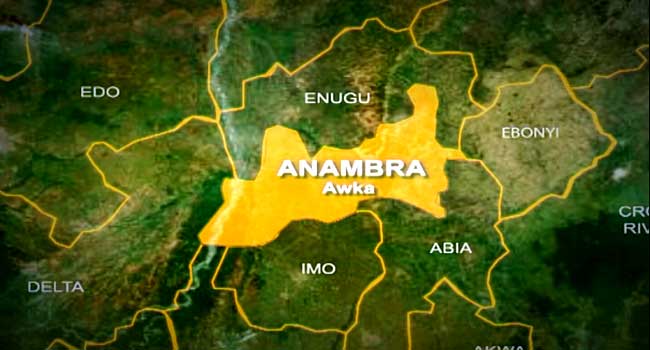Anambra Government threatens to shut down 2,000 unaccredited schools


The government of Anambra State has issued a warning to over 2,000 schools operating without accreditation as the first term of primary and secondary school begins on September 17.
The state government has threatened to shut down any of these institutions if they do not obtain the necessary approvals and accreditation.
In a press statement issued on Thursday, the Commissioner for Information, Sir Paul Nwosu, disclosed that these schools were identified as operating illegally across the state’s 21 local government areas following a recent evaluation of accredited schools.
He explained that schools that lack proper accreditation and approval do not fulfil the requirements set by the government through the Ministry of Education, which could negatively affect students’ education.
Nwosu further stressed that all children in Anambra, regardless of their location, deserve access to quality learning environments, skilled teachers, and a proper curriculum.
He said, “The government of Anambra State is concerned that about 2,000 unaccredited/unapproved schools are operating across the 21 local government areas in the state.
“This is unacceptable, given the priority that Governor Chukwuma Soludo, a first-class academic himself, has accorded quality education.
“Setting up and running a school without requisite accreditation and approval is an indication that the school is not operating in accordance with the standards set by the government through the Ministry of Education.
“The government is of the view that our children, irrespective of their location in Anambra State, deserve the best learning environment, teachers and curriculum.”
The state government has instructed that the affected schools apply for accreditation and registration with the Anambra State Ministry of Education immediately.
They have been told to comply before schools resume, or face closure and other harsh consequences.
Nwosu also stated that the list of accredited schools will be shared with Local Government Education Departments through the Transition Committee Chairmen for easier access.








